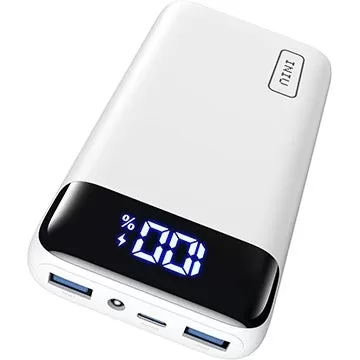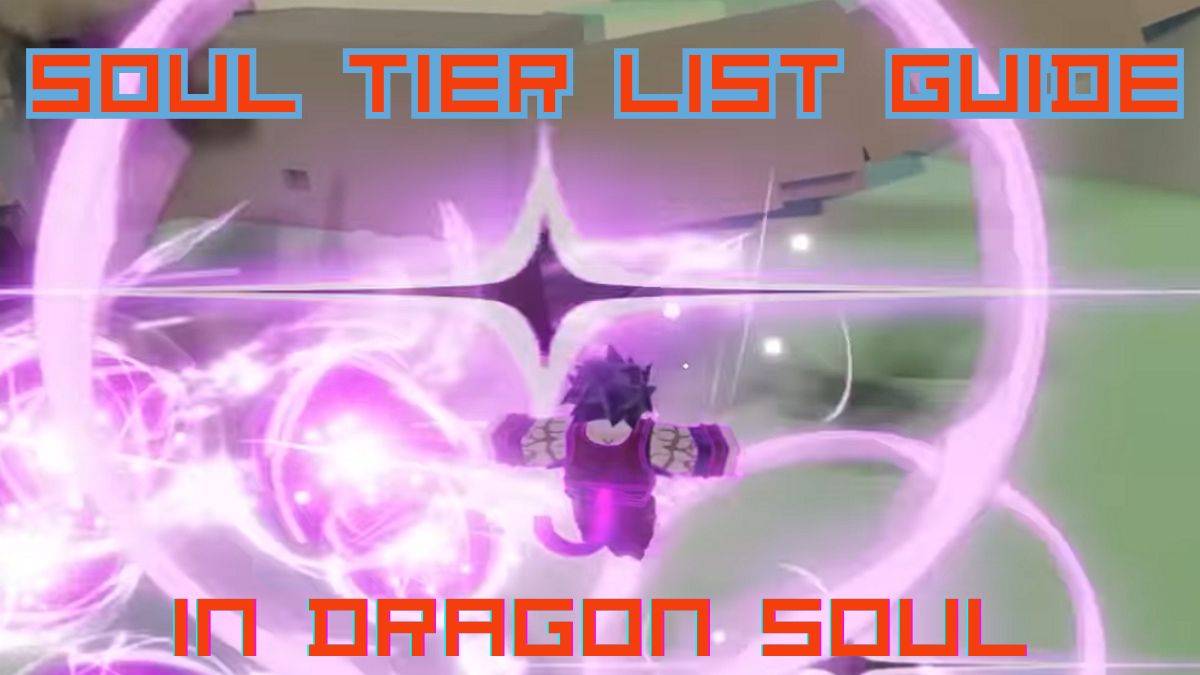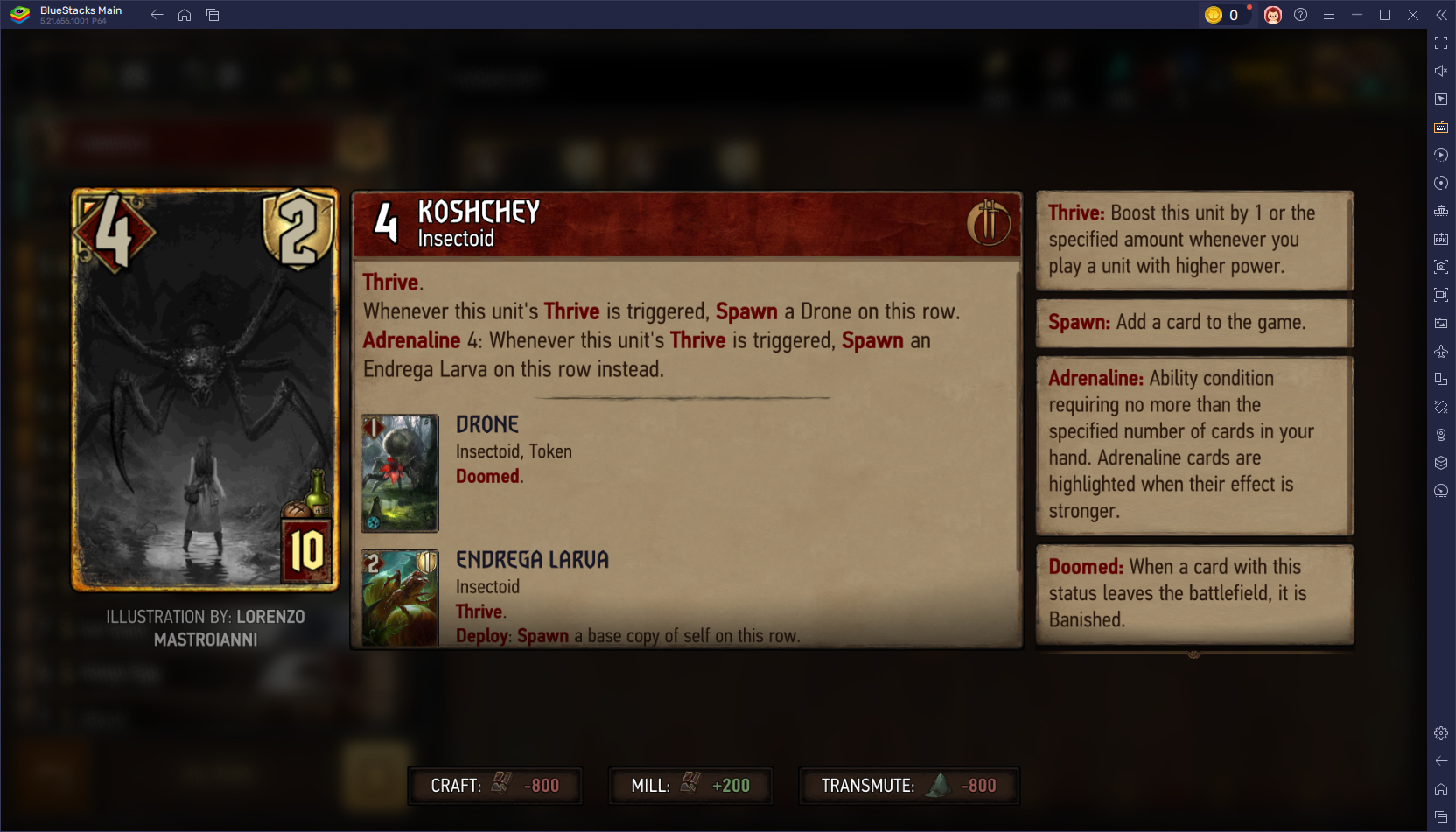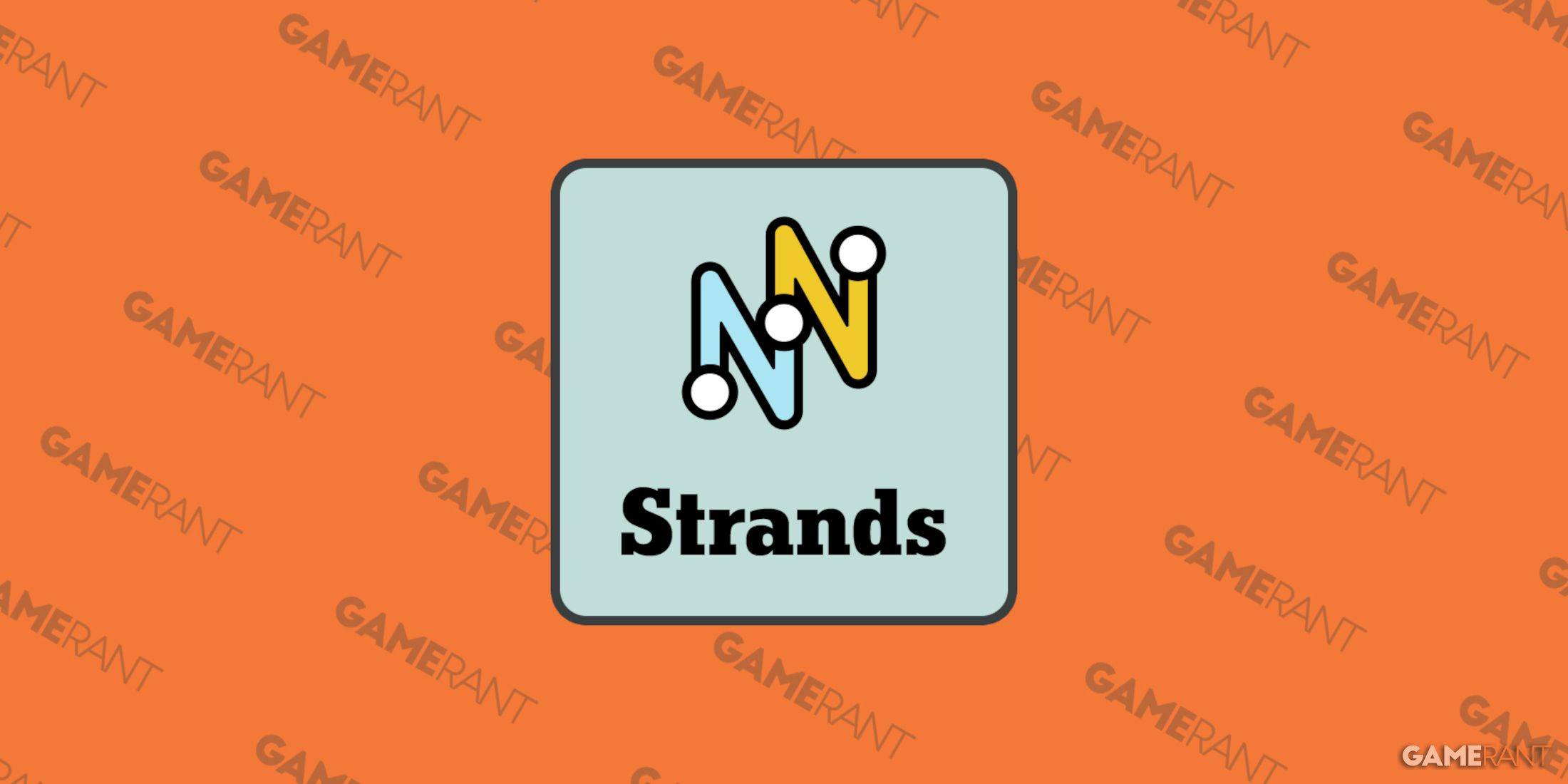Valorant Updates Anti-Cheat Measures After Ban Wave
- By Julian
- Feb 22,2025
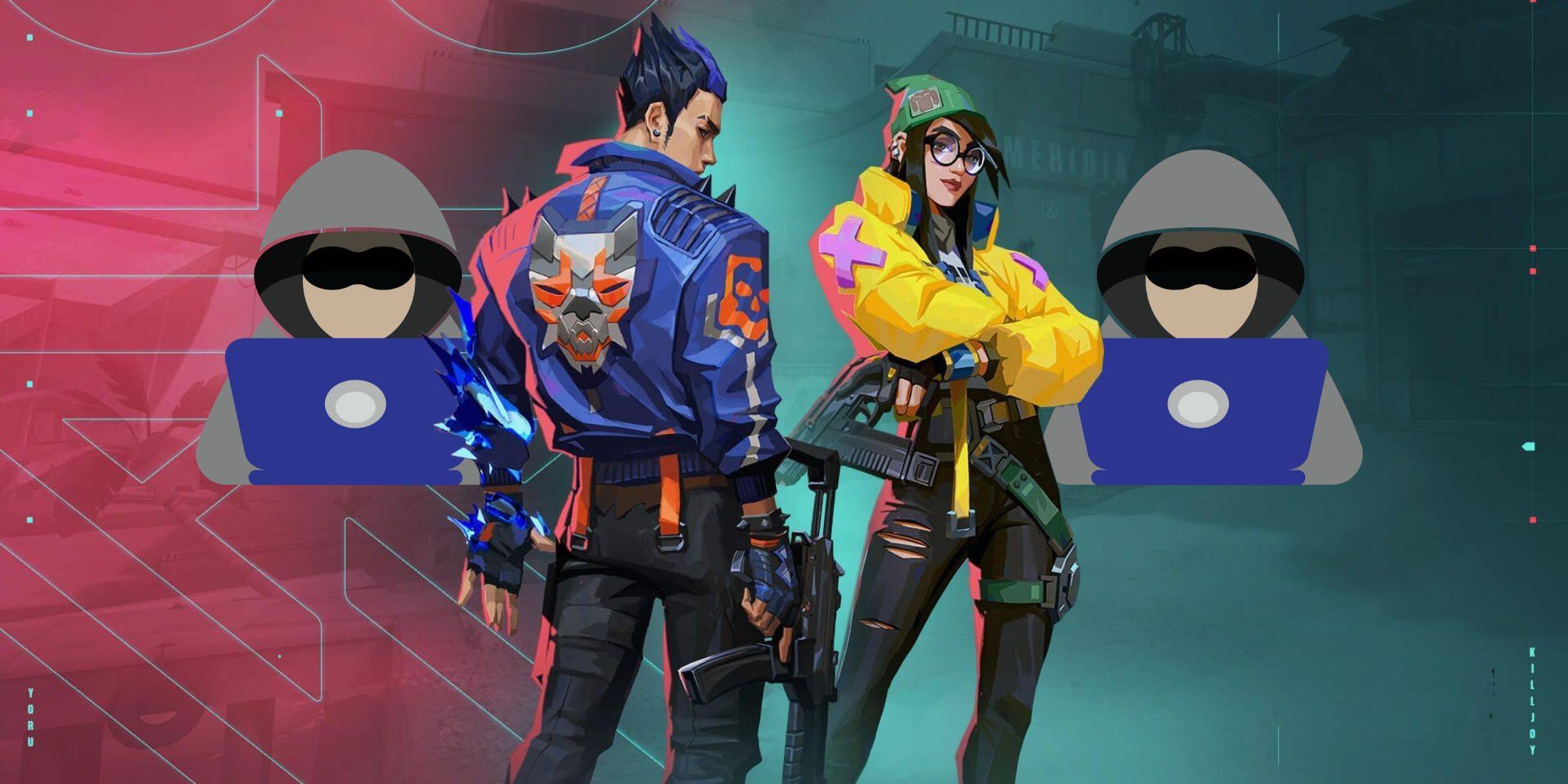
Valorant's New Anti-Cheat Measures: Ranked Rollbacks to Combat Cheaters
Valorant is escalating its fight against cheaters with the introduction of ranked rollbacks. This new anti-cheat measure will reverse a player's rank or progress if their match was compromised by hackers. The goal is to deter cheating and ensure fair gameplay for all Valorant players. Importantly, players who were on the same team as a cheater will retain their rank rating, preventing unfair penalties for innocent players.
The recent surge in cheating activity prompted Riot Games to implement this stricter approach. Phillip Koskinas, Riot's head of anti-cheat, publicly acknowledged the problem and highlighted the studio's intensified efforts to combat it. He emphasized Riot's enhanced capabilities, stating they can now "hit so much harder." Data released shows a significant number of cheater bans in January alone, peaking on January 13th.
Ranked Rollbacks: How They Work
The ranked rollback system addresses concerns about players winning matches with cheaters on their team. Koskinas clarified that while the opposing team will have their rank rating restored, players who teamed with a cheater will keep their current rating. While this approach might temporarily inflate rankings, Riot believes it's a necessary step in the ongoing battle against cheaters.
Valorant's Vanguard anti-cheat system, utilizing kernel-level access, has been highly effective in detecting and banning cheaters. Its success has even inspired similar implementations in other games, such as Call of Duty. Despite past successes, the persistent nature of cheating necessitates continuous adaptation and stronger countermeasures.
Riot's commitment to tackling this issue is evident in the thousands of previous bans. The effectiveness of the new ranked rollback strategy remains to be seen, but it represents a significant step in Riot's ongoing efforts to maintain a fair and enjoyable competitive environment in Valorant.
Latest News
more >-
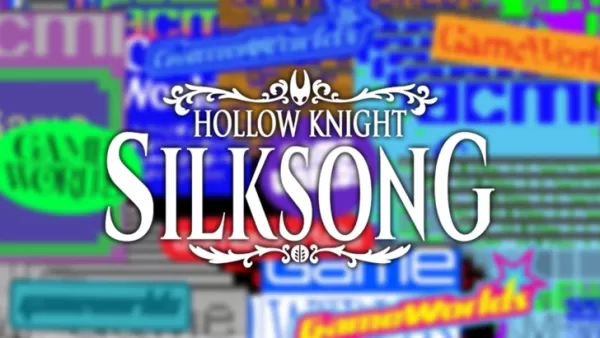
-
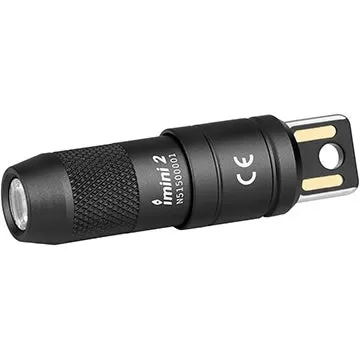
- Mini Keychain Light: $14 Must-Have
- Dec 18,2025
-

- Genshin Impact Luna I update arrives next month
- Dec 17,2025
-

-
